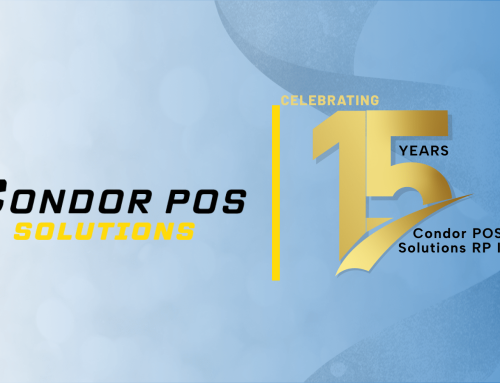As the digital landscape evolves, businesses in the Philippines are increasingly turning to cloud-based Point of Sale (POS) systems. These advanced solutions offer numerous advantages over traditional POS systems, enhancing efficiency, accuracy, and customer satisfaction. This article explores the benefits of using a cloud-based POS system, providing insights into its advantages, potential drawbacks, and tips for selecting the best solution for your business needs.
What is a Cloud-Based POS System?
A cloud-based POS system is a modern retail management solution that stores data on remote servers, accessible via the internet. Unlike traditional POS systems, which rely on local servers and hardware, cloud-based POS systems offer flexibility, real-time data access, and seamless updates. This technology allows businesses to manage sales, inventory, and customer information from anywhere, at any time.
Advantages of a Cloud-Based POS System

1. Accessibility and Flexibility:
- Remote Management: Business owners and managers can access the system from any location, enabling real-time monitoring of sales and inventory.
- Multi-Location Support: Easily manage multiple store locations through a single system, providing unified data and reporting.
2. Cost Efficiency:
- Lower Upfront Costs: Cloud-based systems typically have lower initial investment requirements since they don’t need extensive hardware installations.
- Subscription-Based Pricing: Pay-as-you-go models allow businesses to manage costs more effectively.
3. Scalability:
- Easily Add Features: As your business grows, you can add new features and functionalities without significant disruption or additional hardware.
- Adapt to Seasonal Changes: Scale your system up or down based on business demands, such as during peak seasons or promotional events.
4. Data Security and Backup:
- Automatic Backups: Regular data backups protect against data loss due to hardware failure or other issues.
- Enhanced Security: Cloud service providers implement robust security measures, including encryption and regular security updates.
5. Real-Time Updates:
- Automatic Software Updates: Benefit from the latest features and security patches without manual intervention.
- Real-Time Data Sync: Sales and inventory data are updated in real-time, ensuring accurate and up-to-date information.
6. Enhanced Customer Experience:
- Faster Transactions: Streamlined processes reduce wait times, improving customer satisfaction.
- Personalized Services: Access to customer data allows for personalized promotions and loyalty programs.
Disadvantages of a Cloud-Based POS System

1. Dependence on Internet Connectivity:
- Network Reliability: A stable internet connection is crucial for the system’s performance. Downtime or poor connectivity can disrupt operations.
- Bandwidth Requirements: Businesses with limited internet bandwidth may experience slower performance.
2. Recurring Costs:
- Ongoing Subscription Fees: While upfront costs are lower, subscription fees are an ongoing expense that needs to be budgeted for.
3. Data Privacy Concerns:
- Sensitive Information: Storing data in the cloud may raise concerns about data privacy and compliance with local regulations.
4. Learning Curve:
- Training Requirements: Staff may need training to adapt to the new system, which can take time and resources.
How to Choose the Best Cloud-Based POS System for Your Business
1. Assess Your Business Needs:
- Identify the specific features and functionalities required for your business, such as inventory management, customer loyalty programs, and reporting capabilities.
2. Evaluate Security Measures:
- Ensure the POS system offers robust security features, including data encryption, secure login protocols, and compliance with local regulations.
3. Consider Integration Capabilities:
- Choose a system that can seamlessly integrate with your existing software and hardware, such as accounting software, payment gateways, and e-commerce platforms.
4. User-Friendly Interface:
- Opt for a POS system with an intuitive and easy-to-use interface to minimize the learning curve for your staff.
5. Vendor Support and Reputation:
- Research potential vendors to ensure they offer reliable customer support and have a good reputation in the market.
6. Scalability and Customization:
- Select a system that can grow with your business and offers customization options to meet your unique requirements.
Conclusion
Adopting a cloud-based POS system can transform your business operations, offering enhanced flexibility, cost savings, and improved customer experiences. While there are potential challenges, the advantages far outweigh the disadvantages for most businesses in the Philippines. By carefully selecting a system that aligns with your business needs, you can harness the full potential of this technology.
For businesses seeking a reliable POS solution provider that offers cutting-edge cloud-based software, contact Condor POS Solutions, which has CukCuk cloud-based software that operates smoothly without an internet connection. Our expert team will help you find the perfect system to elevate your business performance and streamline operations.






Leave A Comment